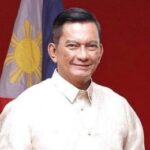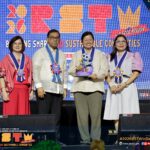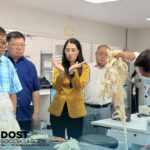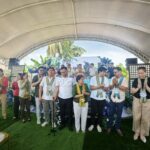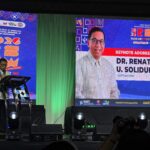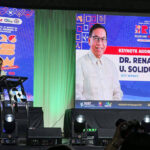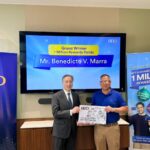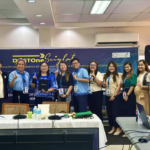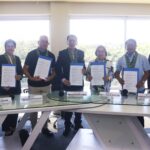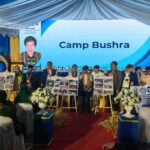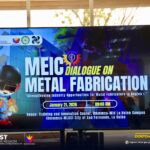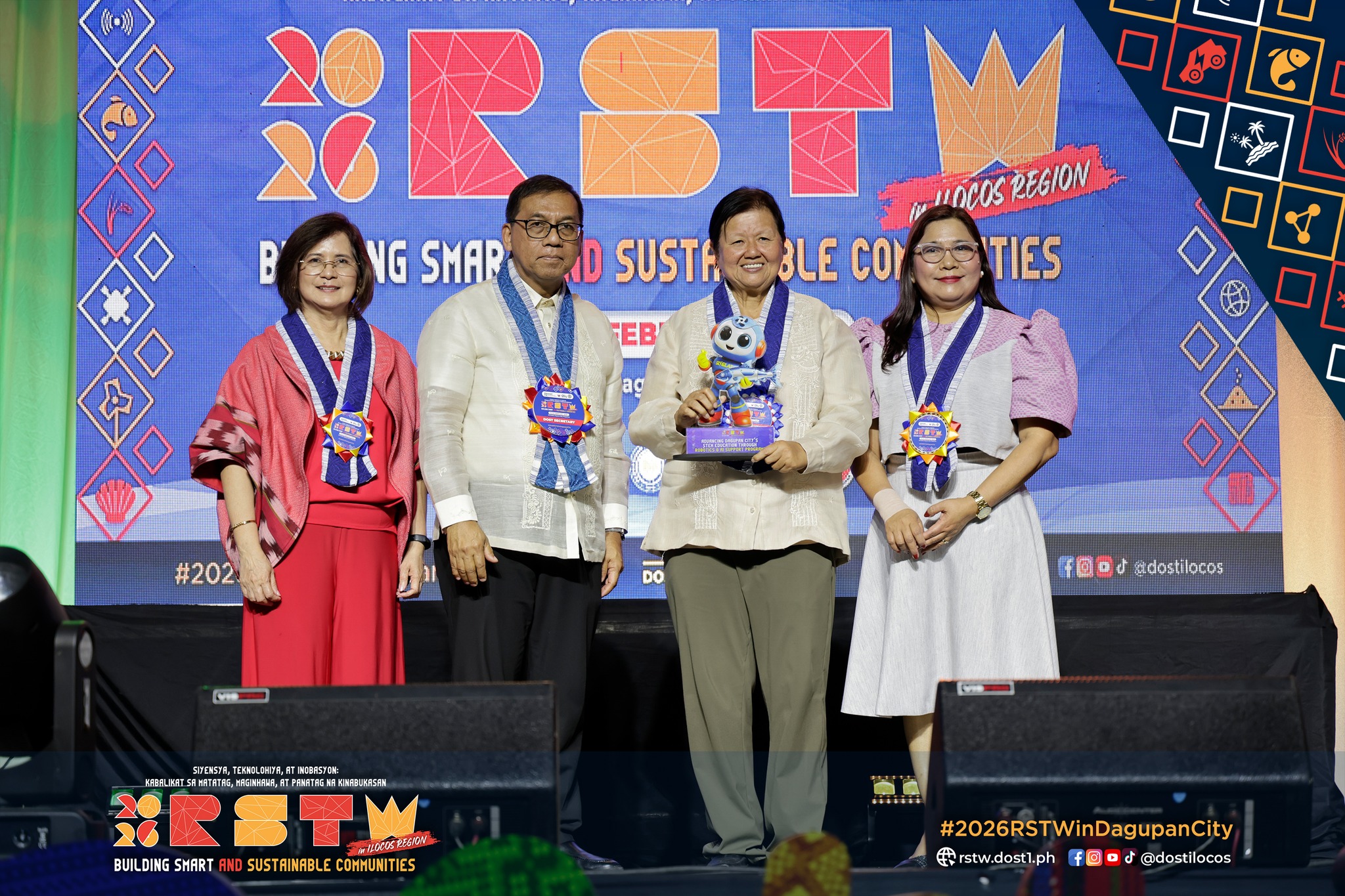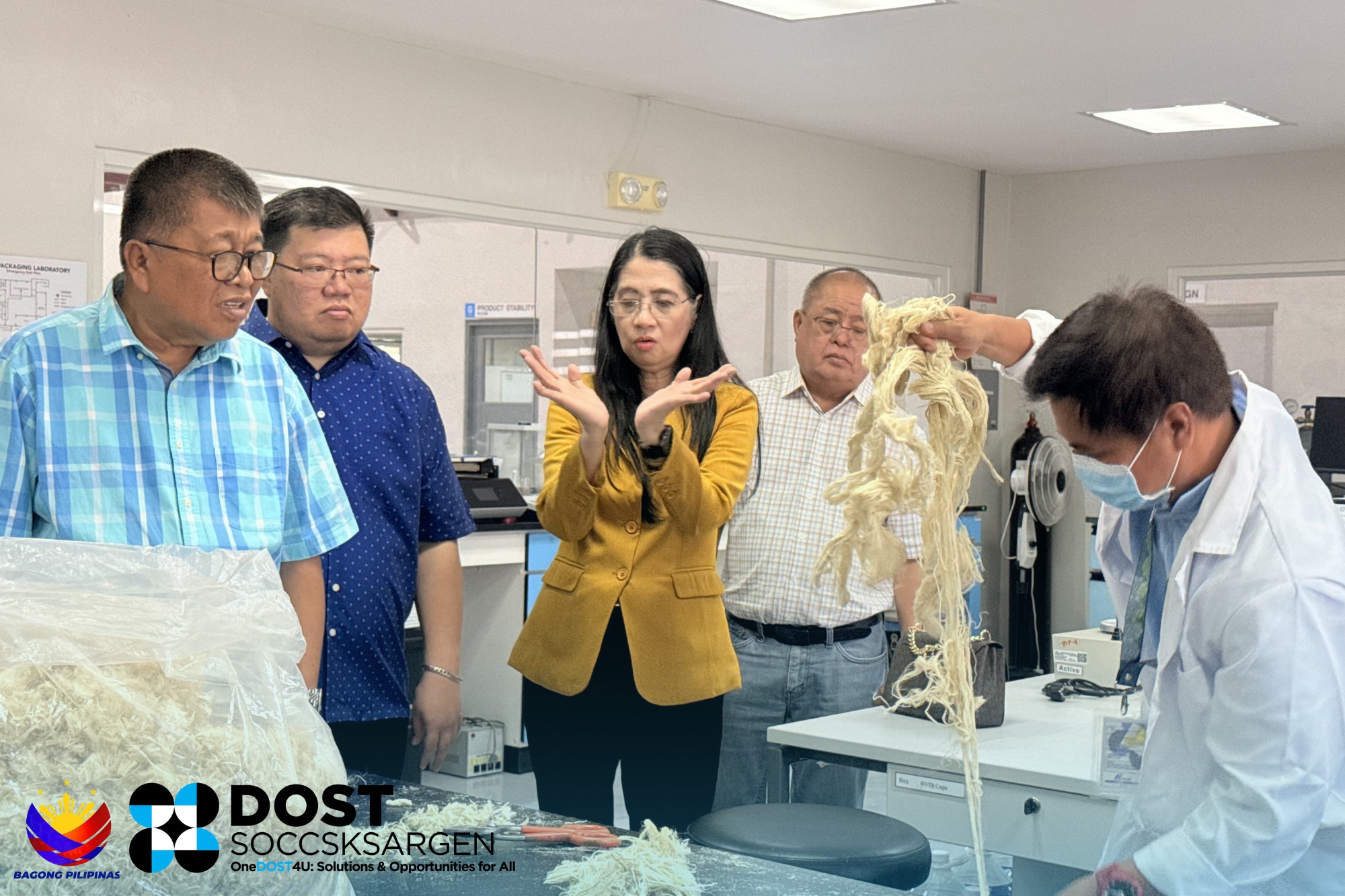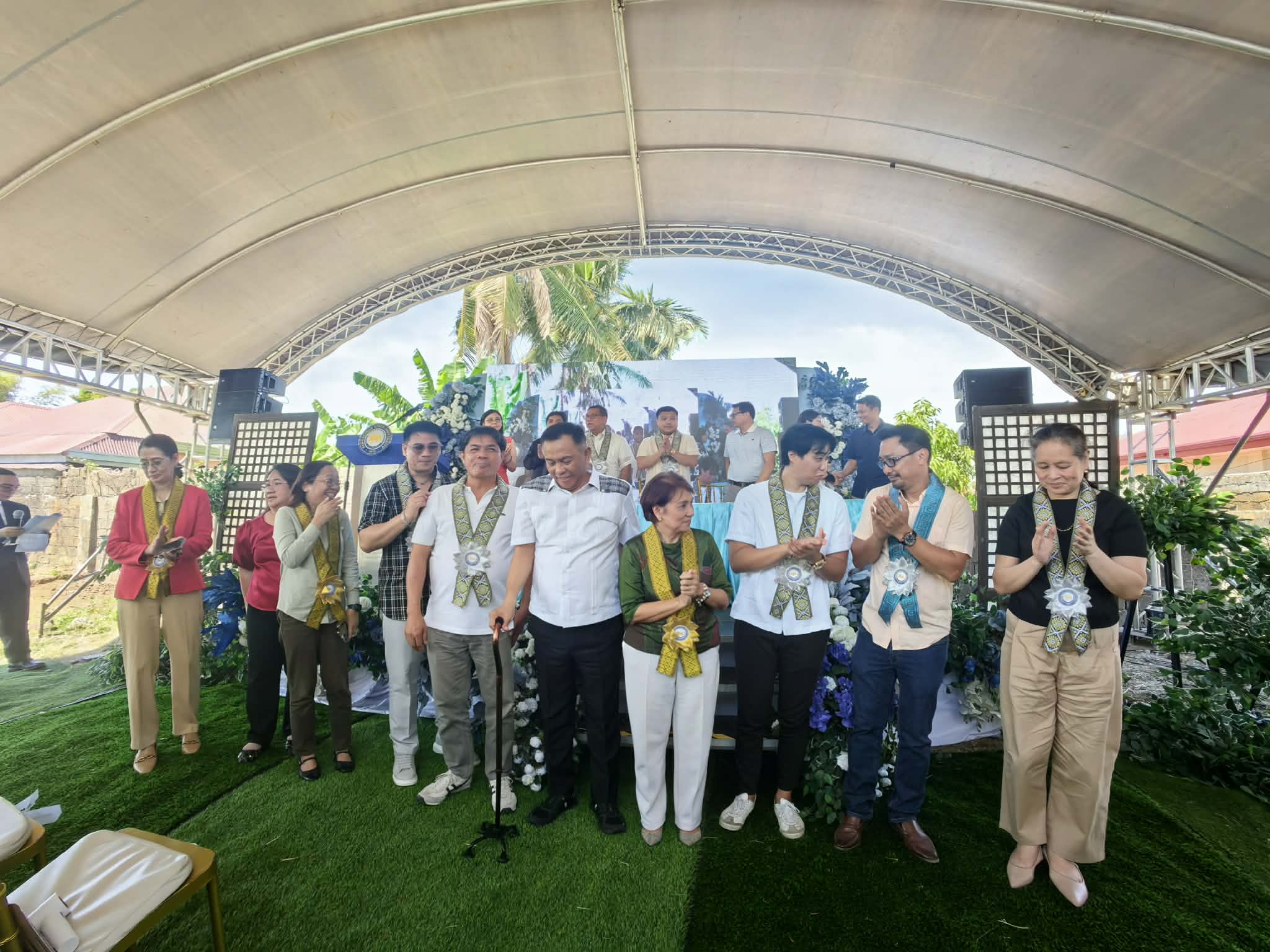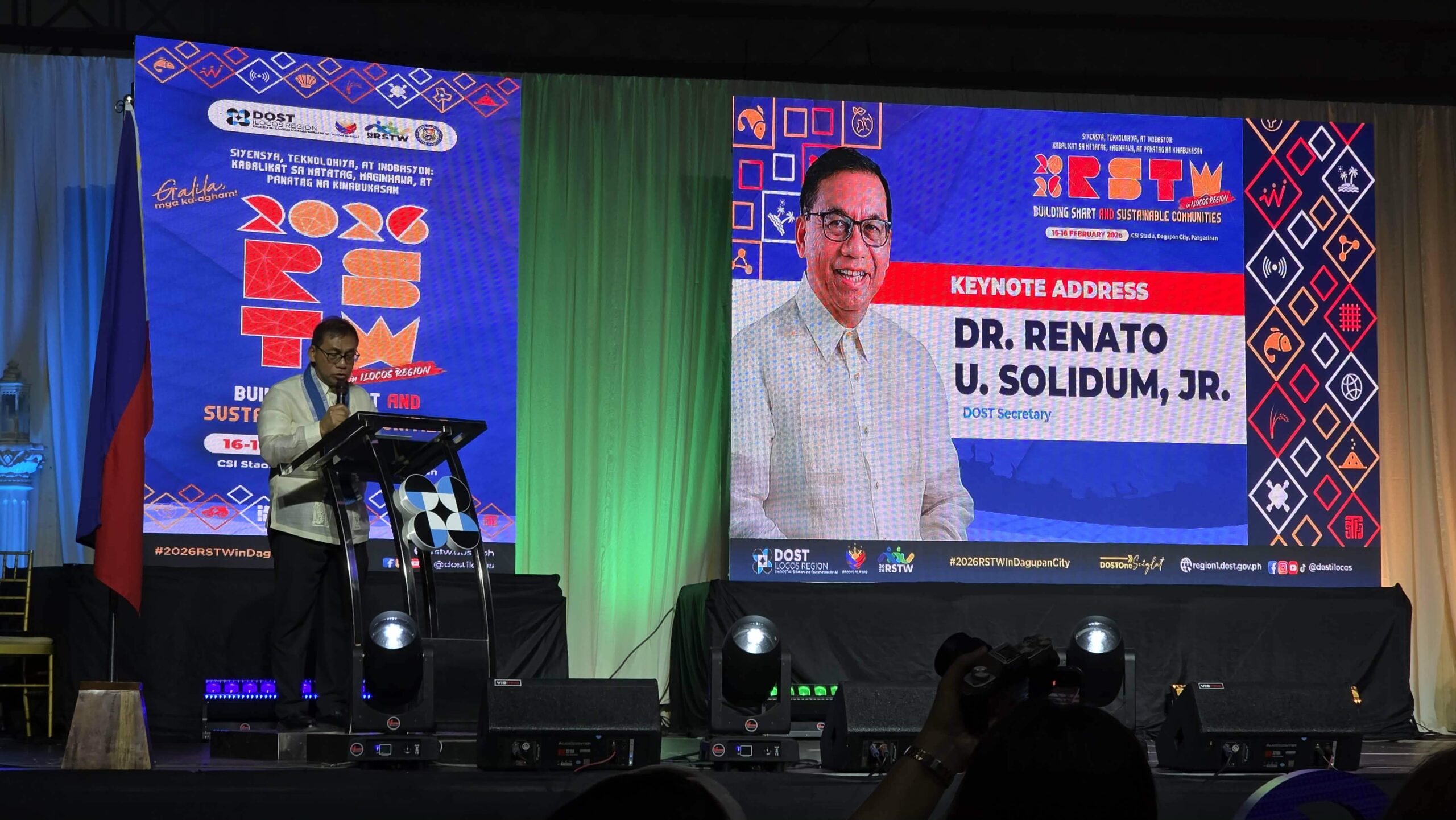Tacloban City, Leyte – Eastern Visayas formally opened the 2025 Regional Science, Technology, and Innovation Week (RSTW) on September 3 at Summit Hotel, with simultaneous exhibits and activities at Robinsons Mall, Marasbaras. Organized by the Department of Science and Technology (DOST) Region VIII, the event brings together government, academe, industry, and communities to showcase how science, technology, and innovation (STI) can shape smarter and more sustainable communities across the region.
The celebration commenced alongside the GeoRisk PH Summit, highlighted by the signing of a memorandum of agreement for the regional rollout of the GeoRisk Philippines Integrated Platform. This digital system serves as a one-stop hub for hazard assessments, mapping tools, and real-time analytics—supporting disaster risk reduction, evidence-based planning, and policy development for local governments and stakeholders.
In his keynote message, DOST Secretary Renato U. Solidum Jr. stressed the importance of harnessing STI to build resilience and foster inclusive development. He emphasized that through strong partnerships among government, the private sector, and local communities, it is possible to envision a future where disasters are less destructive, renewable energy is widely adopted, agriculture adapts to climate change, and growth opportunities extend even to rural areas.
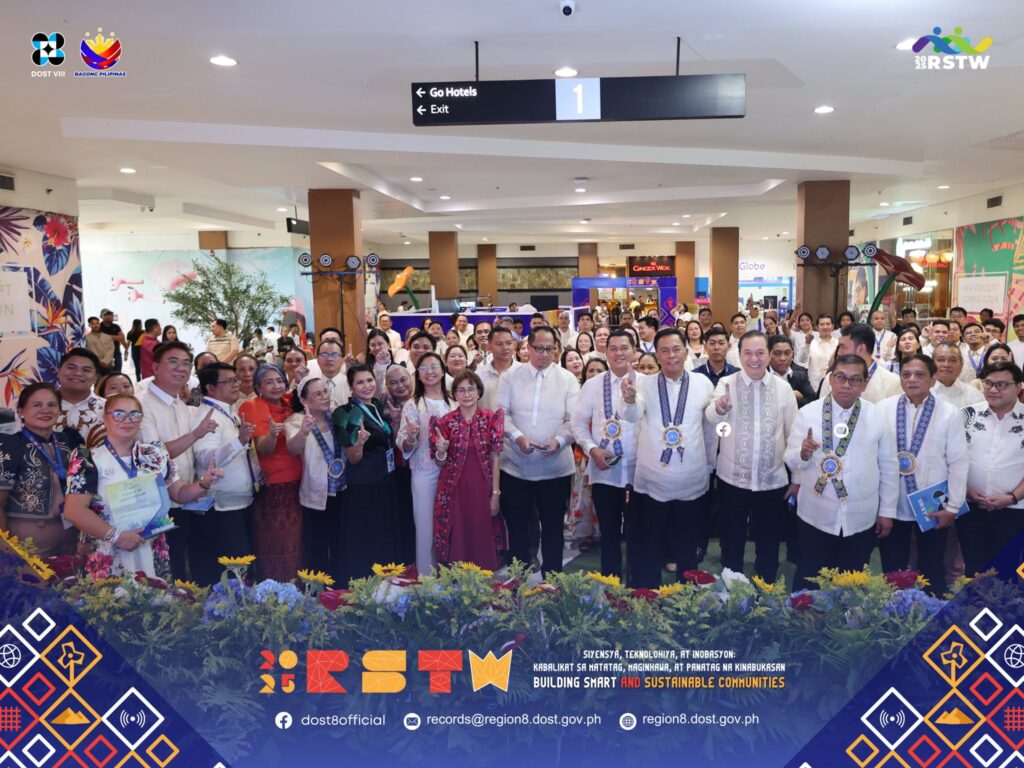
With the national theme “Siyensiya, Teknolohiya at Inobasyon: Kabalikat sa Matatag, Maginhawa at Panatag na Kinabukasan” and the regional banner “Building Smart and Sustainable Communities,” this year’s RSTW highlights how emerging technologies, local innovations, and community-driven solutions can address pressing challenges and drive regional progress. Participants are expected to engage in forums, explore interactive exhibits, and experience technology demonstrations from DOST and its partners.
A major highlight of the week is the 2025 STI Awards, which recognized outstanding beneficiaries of DOST programs such as the Small Enterprise Technology Upgrading Program (SETUP), Community Empowerment thru Science and Technology (CEST), and Grants-in-Aid (GIA). From entrepreneurs developing unique products to farmer groups adopting modern technologies, this year’s awardees exemplify how science and innovation directly uplift lives and strengthen local industries. As Secretary Solidum noted, the honorees prove that science is not confined to textbooks or laboratories—it is about lives improved, livelihoods uplifted, and futures secured.
Another key feature was the signing of a partnership among the DOST-Philippine Textile Research Institute (PTRI), DOST Region VIII, and the Local Government Unit of Bobon, Northern Samar. The collaboration seeks to enhance fiber extraction technologies from abaca and pineapple, transforming agricultural by-products into sustainable raw materials for the textile sector while creating new livelihood opportunities in local communities.
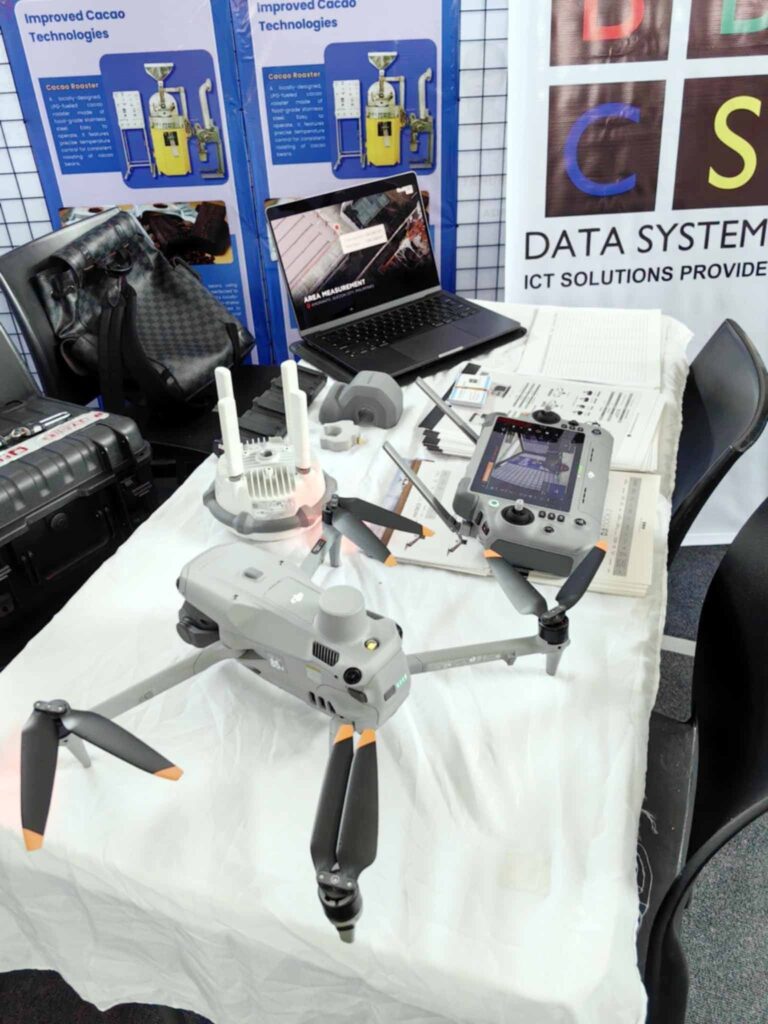
Running until September 5, the 2025 RSTW in Eastern Visayas stands as a regional showcase of innovation and collaboration—affirming that science and technology are vital in building resilient, future-ready, and inclusive communities. (Nelson Santos)

